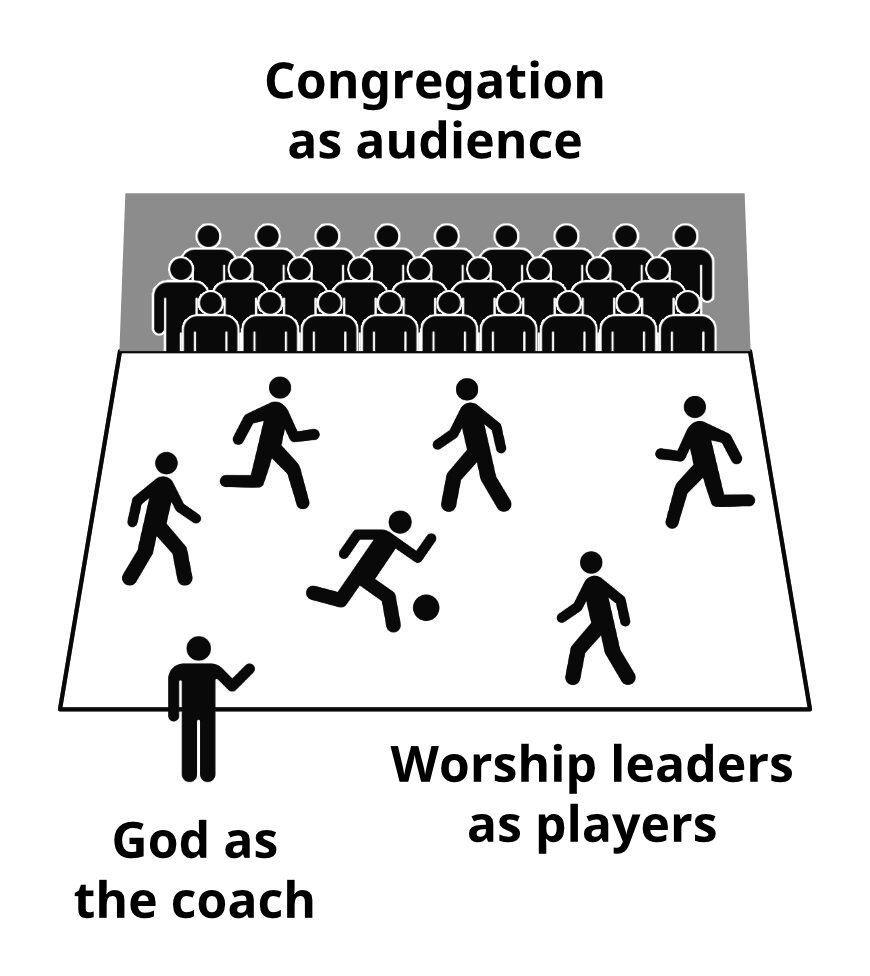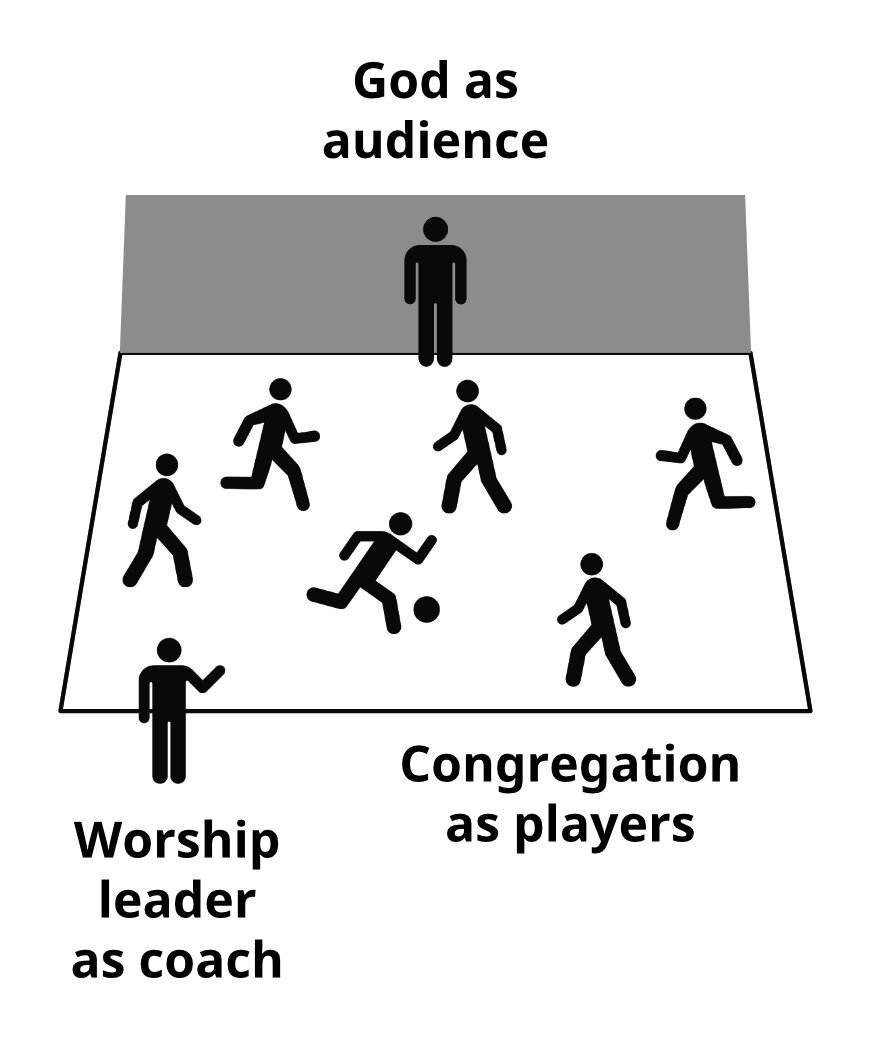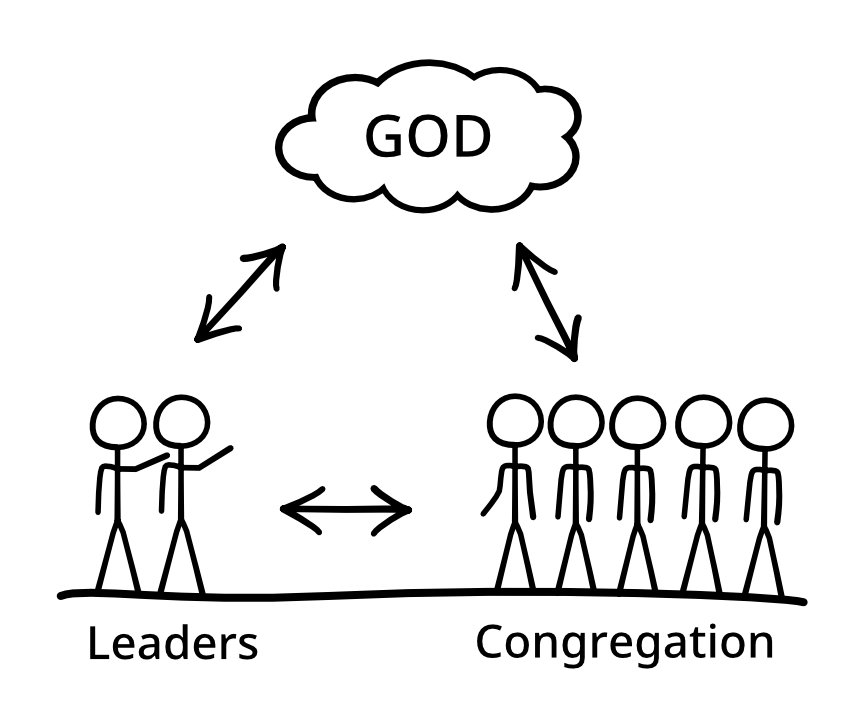Lesson Objectives
By the end of this lesson, the student should:
(1) Recognize the importance of being spiritually prepared for worship leadership.
(2) Understand the role of structure and theme in worship services.
(3) Plan balanced worship services that speak to the whole body of Christ.
(4) Appreciate the qualities needed in a worship leader.
(5) Distinguish between leadership and manipulation of worship.
(6) Apply practical steps for effective worship leadership.




